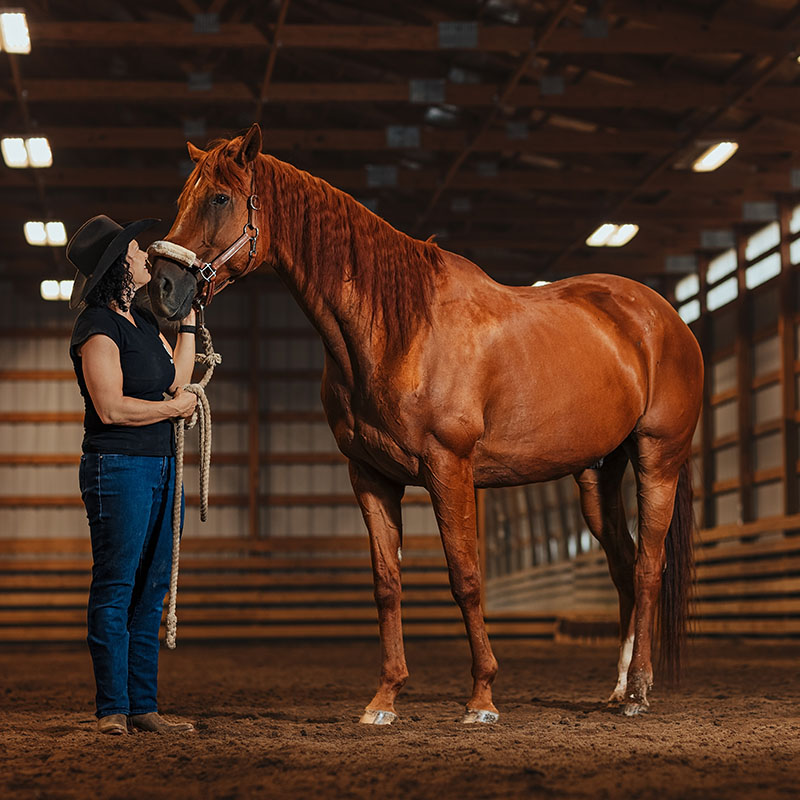Your cart is currently empty!
What We Treat

What can be treated by Rehab 4 Pets
Other than the “expected” conditions that we treat at an integrative facility such as:
Orthopedic dysfunction- DJD, ligament, tendon and muscle strains, sprains, and tears.
Neurological issues- peripheral neuropathy, IVDD, FCE, weakness and ataxia, seizures.
Gait and mobility – lameness, wobblers, ataxia, or abnormal gait
Post-Surgical recovery- knee, hip, spinal and elbow orthopedic surgery.
We also treat some of those very frustrating cases where the tools we have available to us in clinical medicine aren’t enough to guarantee a successful outcome. Such as…
Chronic wounds
Inflammatory conditions
Recovery after whelping and c-sections
Seizures
Treat ear infections by enhancing the effects of antibiotics and preventing recurrences
Pain syndromes where medication is maxed out and they are still painful.
Ease hip dysplasia and other orthopedic pain
Incontinence and recurrent UTIs’
Vestibular disease
Not just dogs- cats and other small animals are great candidates for Integrative medicine.
Cats- lumbosacral disease, FLUTD, saddle thrombus, incontinence, DJD, orthopedic and neurological diseases.
Degenerative Myelopathy
Degenerative myelopathy is a progressive disease of the spinal cord in older dogs and due to the weakness getting progressively worse until the dog is unable to walk it is very heartbreaking. The clinical course can range from 6 months to 1 year before dogs become paraplegic. If signs progress for a longer period of time, loss of urinary and fecal continence may occur and eventually weakness will develop in the front limbs.
Rehabilitation has been shown to be the only “treatment” for this disease, with the goal of delaying the rate of progression to paralysis. We do this by using ambulatory devises to help the dog with increasing muscle tone, endurance, and stamina. The stronger they are the slower their progression is. We also treat the compensatory mechanisms that occur in the spine and thoracic limb so that even through the outcome is inevitable, the progression can be better managed, and their quality and quantity of life can be improved.
Discopondylosis
Discospondylosis is a calcification of the ligament that lies directly under the vertebral bones and aids in the stability of the spinal canal. This is most likely due to instability of the spine commonly secondary from IVDD, weak core musculature, and osteoarthritis. Clinical signs include pain on palpation, or deep pressure, or spasm of the back, pain on motion of the spinal column. Chiropractic, manual therapy as well as strengthening protocols, underwater treadmill, laser, and shockwave allow us to manage these signs and symptoms.
IVDD
We were always taught that surgery was the only way to help a disc dysfunction…well…In a new study (2021) out of Cambridge university, they have released the following data that shows that conservative care can be incredibly helpful for certain IVDD cases.
Vestibular Disease
Vestibular disease is most often seen in older dogs and is similar to vertigo in people. Just like with vertigo, dizziness, nausea, and lack of coordination are some of the signs that dogs exhibit. Nystagmus, dizziness, and lack of coordination usually shows up as a head tilt, walking in circles towards one side or collapse if the lack of balance is severe.
The combination of chiropractic and osteopathic type techniques, acupuncture, rehabilitation, and supplements are incredibly beneficial. It can be said that this condition will get better anyway and maybe all they needed was time. There have been occasions when the dogs have been slow to recover and only resolved with treatment
How does biomechanical medicine and acupuncture relieve vestibular disease symptoms?
In nearly all cases, one side of the head and neck is tighter. Relieving this pressure will improve blood and lymphatic flow and reset the neurological system thus allowing the body to regain balance quicker. Acupuncture can also release any tension. Rehabilitation can be just as important as it teaches the eyes to find the horizontal again.
This gentle and simple combination of therapies can make all the difference to the comfort level of a dog suffering from vestibular disease.

HORSES
Equine Treatments
Dr Michele Broadhurst also offers a wide range of therapies for ponies and horses at your stables, and not on location at the practice.